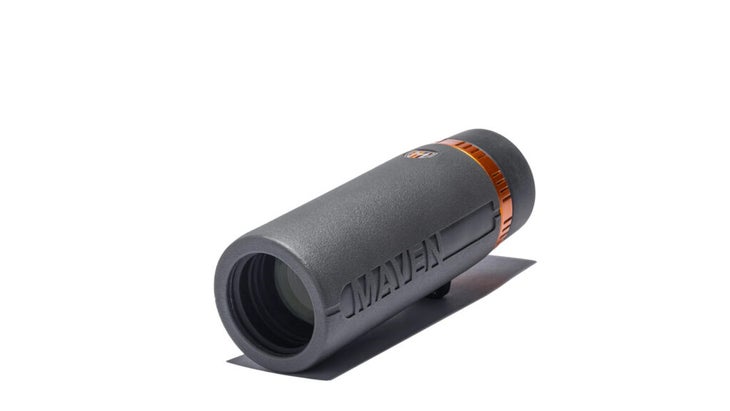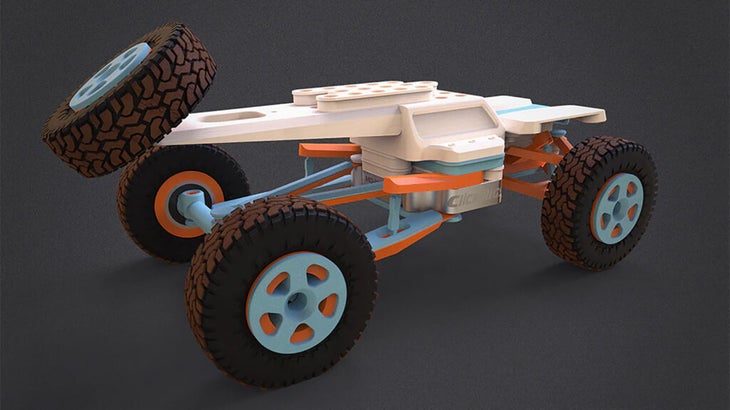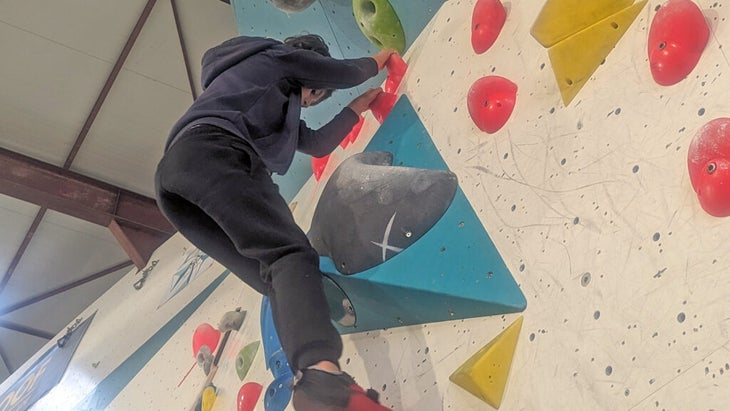No products in the cart.
Outdoor Adventure
A Bad Uncle’s Last-Minute Gift Guide
New perk: Easily find new routes and hidden gems, upcoming running events, and more near you. Your weekly Local Running Newsletter has everything you need to lace up!
Subscribe today.
It’s less than a week until Christmas. If you’re anything like me—a childlike adult living kid-free—that means you might have just enough time to get a gift to your nieces, nephews, and friends’ offspring sometime before January.
Two years ago, I wrote a piece explaining my program of purchasing children the most dangerous, parent-annoying knives, motorcycles, and archery gear possible. But since then, I’ve had something of an epiphany: If I don’t cause lost fingers, bloody noses, or extensive damage to homes and vehicles, those parents will actually let me spend time with their kids. And that can be fun, especially if those kids are set up to enjoy the same activities you do.
Through experience with my own nephew Roscoe, who I’m pretty sure is about 12 and lives in rural France, plus a varied assortment of other kids with parents I like, here’s how I go about setting them up for success outdoors.
1. Determine the Kid’s Current Age
Children often change ages at irregular, unpredictable moments. And, in some circumstances, they may even grow and change clothing sizes. Determining where those numbers currently lie is the key to successfully buying the right gifts.
When in doubt (read: is all the time), you can ask the parents or grandparents for their kiddo’s ages and sizes. If questions like “How old is Penelope again?” will ignite a contentious conversation over the irregularity of your visits, then you can simply look inside their jackets or shoes, which may be hanging in a mudroom. Last year’s receipts, likely buried somewhere in your spam folder, are also a good source of clues.
Not all items are appropriate for all ages. For example, a pocket knife that may be a good choice for a nine-year old could seem lame to a 13-year old. And, buying clothing in a larger size than currently fits the child in question may allow them to enjoy that item for longer.
Last year, I flew to France to visit my family. And rather than stab in the dark at my nephew’s current sizes or interests, I simply borrowed him one day, and took him to an outdoors store for a shopping spree. There, he was able to make his own mistakes purchasing clothing, absolving me from my sister’s judgement. I did make sure to buy him a new pocket knife on the way out the door, though. The biggest, scariest looking one seemed like an appropriate choice.

2. Decide Which Interests You Want a Child to Develop
Hanging out with kids can be pretty boring if they don’t enjoy the same activities you do, or if they’re bad at them. So equipping kids with the skills necessary to keep up can make it way cooler to spend time with them.
When he was ten, I took my friend’s kid Russell on his first camping trip. Wildlife watching is one of my favorite activities and I want Russell to be able to enjoy it too. So, I got him a Maven CM.1 monocular ($195). Not only are monoculars more affordable than binoculars, but they’re also more robust, lighter, and easier to use.
Kids will be bad at your favorite hobbies before you bully them into getting good, so it’s a good idea to reduce their potential points of failure and barriers to enjoyment. Not only can Russell now enjoy watching the coyotes, rabbits, and hawks in his backyard, but when I eventually put him in front of a wolf or grizzly bear, he’ll know how to operate his scope and won’t need to ask annoying questions.

3. Buy a Toy You’ll Enjoy, Too
Often, social obligations dictate that your relationship with a niece, nephew, or friend’s kid doesn’t stop with the act of giving a gift. You may be expected to help the human child assemble, learn to use, or practice with whatever you bought them. Choosing something that you will enjoy playing with, too, is a great way to avoid boredom or worse: having your expansive knowledge of how all things work called into question.
This year, I got Roscoe a model truck from ClickRigs ($89), a new toy brand based in Bozeman, Montana, that uses advanced CNC automation and 3D printing techniques to make high-performance gravity vehicles. Not only does the box say “12+” on it, which I’m pretty sure aligns with my nephew’s current age, it has 273 parts to assemble. That sounds like enough time to drink at least two beers, and after we complete the truck we’ll be able to send the thing off sweet jumps while I explain how suspension works. Since I enjoy both beer and suspension lectures, I’m setting myself up for the most enjoyable afternoon possible. And he may also get something out of our day.

4. When in Doubt, Try an Activity
After that shopping spree last year, I took Roscoe to a climbing gym in a nearby town. Not only did this require no gift wrapping, planning, or shipping, but it also gave me the chance to be better at something than a small child. It turns out that your nieces and nephews actually like hanging out with their uncles and aunts, and spending time with the little ones can be fun for you, too.

Wes Siler is so notorious for not having kids that his vasectomy was discussed in Glenn Beck’s most recent book. He treats his three big rescue dogs like his own children. You can ask Wes for help with your outdoor adventures, gear, and travel on Substack.
Source link
